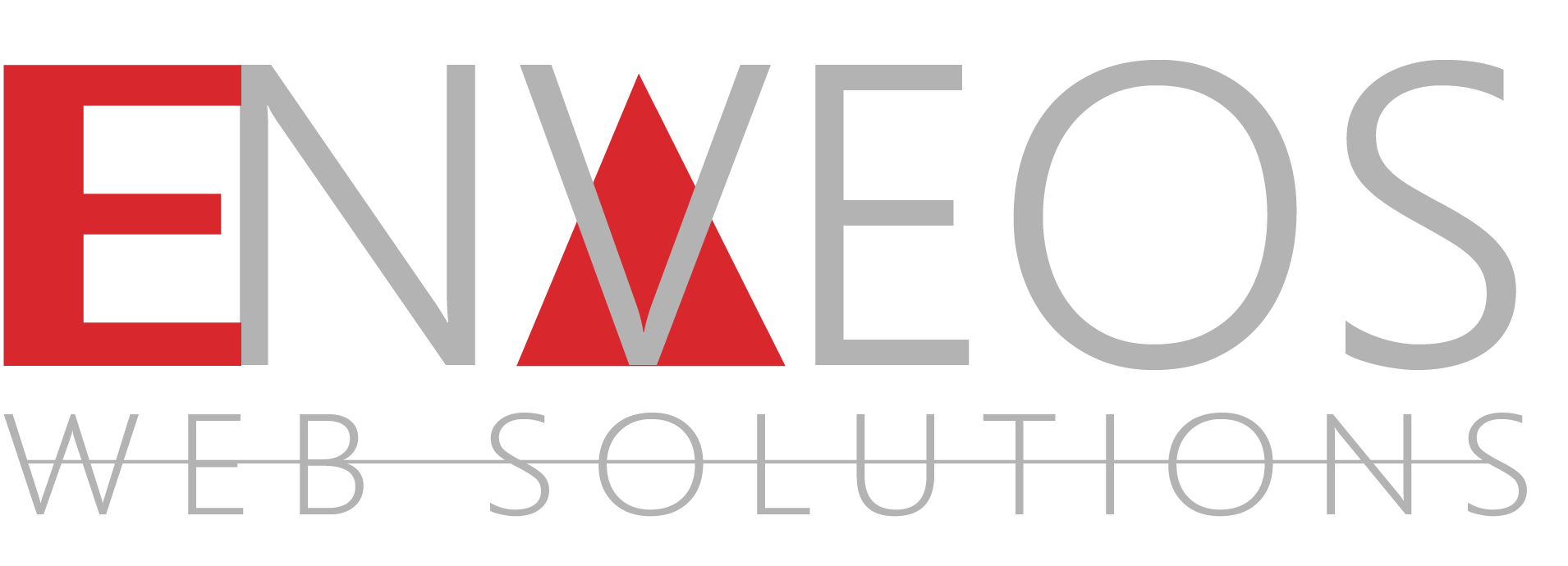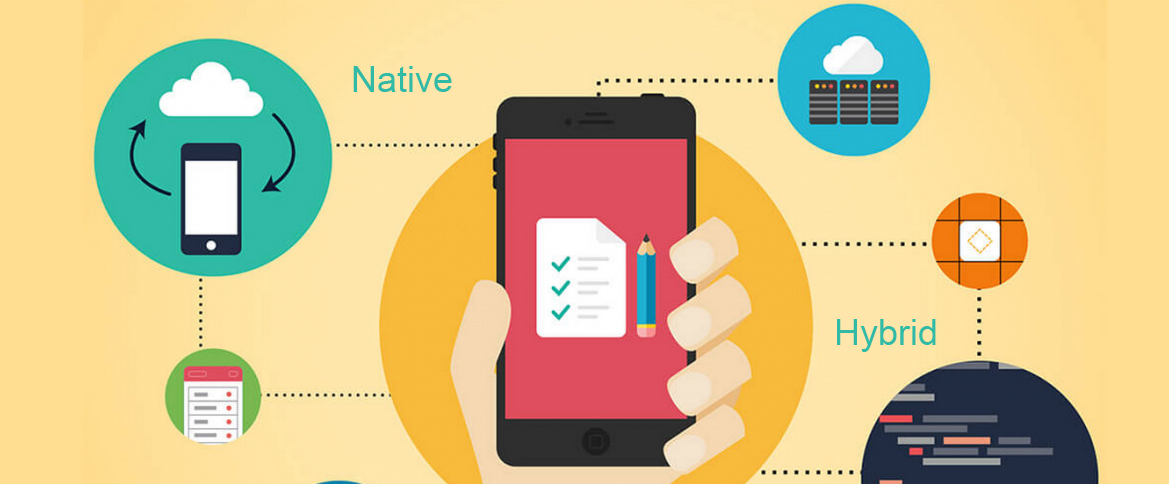For iPhone, the native programming language is Objective C and widely used is Swift. For Android, the native programming language is Java. Hybrid apps are developed using web technologies such as: HTML5, CSS and JavaScript, then put inside a native container such Adobe PhoneGap, Ionic. These native containers run the web application code and package it into an app. Both technologies are referred to as hybrid (HTML5, CSS and Javascript) and native can creates apps that are downloadable for iPhone and Android, at Google Play or apple iTunes app Store. In this article we go in detail over some of the advantages and detriments of using hybrid app development vs native app development technologies.
Design of Interfaces Mobile UI can be implemented using either native app or hybrid app development technologies; however, there is more flexibility in designing these interfaces using hybrid / PhoneGap app development technology. Hybrid app development uses HTML5 and CSS3 that have far superior capabilities when designing interfaces with many form factors and highly dynamic content. However, there are some interface design issues that may come up when using hybrid app development. Sometimes it is tedious and is time consuming to implement certain standard native user experience designs and complicated interfaces using hybrid app development technology. The native app development environment provides tools and design widgets for creating certain standard interfaces with native user interaction experience which are not currently available using hybrid app development tools. So, it is easier to create native app user experience using native app development environment.
Cost A more cost effective way in building a hybrid / PhoneGap app is using a development technology stack. Hybrid / PhoneGap apps control high quality and various sets of libraries as well as providing the tools required to reduce the development time but keep in mind that if you would need to create a certain native user experience to give the app a native feel, it can be more time consuming and costly to design and develop a certain native user experience using hybrid app development technology. Also, the benefit with hybrid app development is that you can build it once and submit it to all of the platforms (iPhone, Android, Windows Phone) using PhoneGap.
Development Timeline Hybrid mobile apps are faster to develop and deploy but if there’s a lot of native and complicated features that are beyond the capability of the hybrid app Framework and Environment, then it will be more time consuming to build for hybrid apps.
User Experience and performance When you are at a stage of developing an app you need to consider many aspects from budget, timeline and performance. Performance of a native app is far better when it comes to fluid experience but a Hybrid app tends to have some user interaction delays and responsiveness.
Maintainability Native/ Hybrid apps is more maintainable as long as the developer chooses a right framework and Backend such as Kendo UI, jQuery mobile, Ionic, Firebase, Hadoop, Parse, making it easier to maintain the Web app technology (HTML, CSS and JavaScript) than a native app technology. However, the initial stages of development require that you focus on the right framework to be used for either hybrid app or Native and make sure the code is written properly, if not the app will not be maintainable.
Limitations Developing native apps using development tools/Frameworks provide for the purpose of building mobile apps makes it easily to implement many native features and new technologies. When building a hybrid app if the tools and frameworks are not up-to-date with certain new features, the developer will be at the disadvantage and cannot implement features that are not provided by the hybrid app development Framework and Tools. So, in conclusion if the requirements of an app are not met by that particular hybrid framework, there will be many limitations of native features.
Security Security is based on the requirements of the project but maybe well implemented on native environment. However, if the developer of the app lacks experience in implement security features or service side security you will have issues So, if the app requires many security features, you may need to make sure that all of the security features can be implemented in a hybrid app environment.
Support and Resources In this day and age of mobile app development you will find support and resources for native and hybrid development environments every ware.
Tools and Debugging Development of native apps provides better development environment and tool to test and debug any project and its less time consuming to and fix bugs using native development tools. For the development of an hybrid app you will not be able to find a reliable debugging tool, so sometime a developer may have to spend more time in fixing a problem where the same problem can be identified and fixed within minutes using the native app development tools.
Platform Independent Main advantages of developing a hybrid app is that you can build it once and using technologies like Phonegap, ionic submit to all major platforms (iPhone, Android, Windows Phone and Blackberry).
Popularity Native app environment has more polarity as it provides a more fluid user experience and less limitations. Most development companies use native app development environment rather than hybrid app environment.



